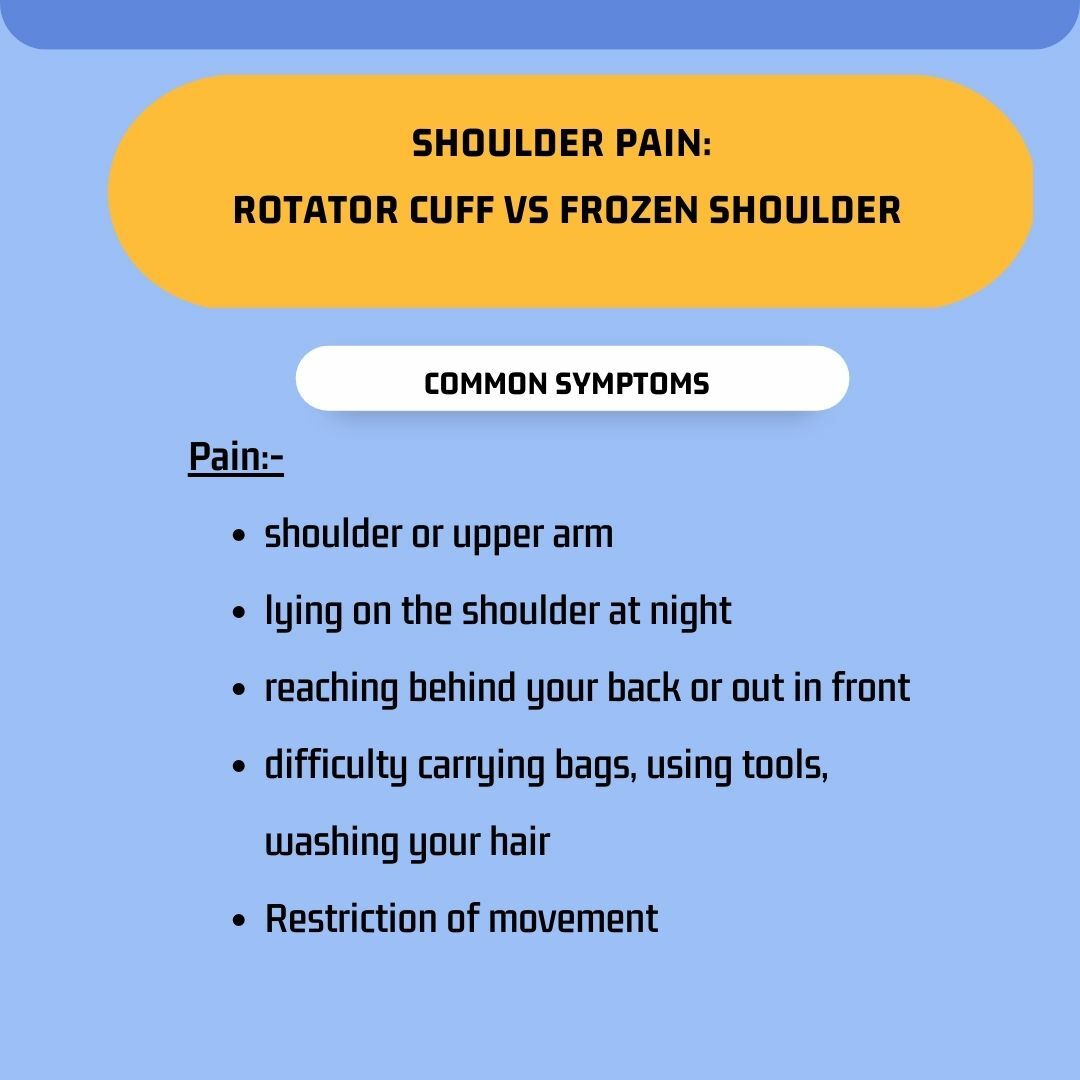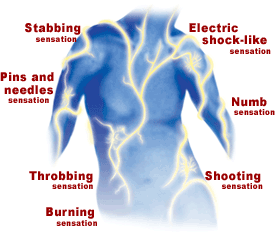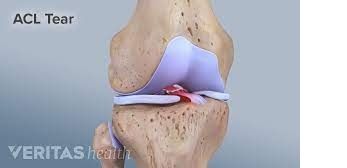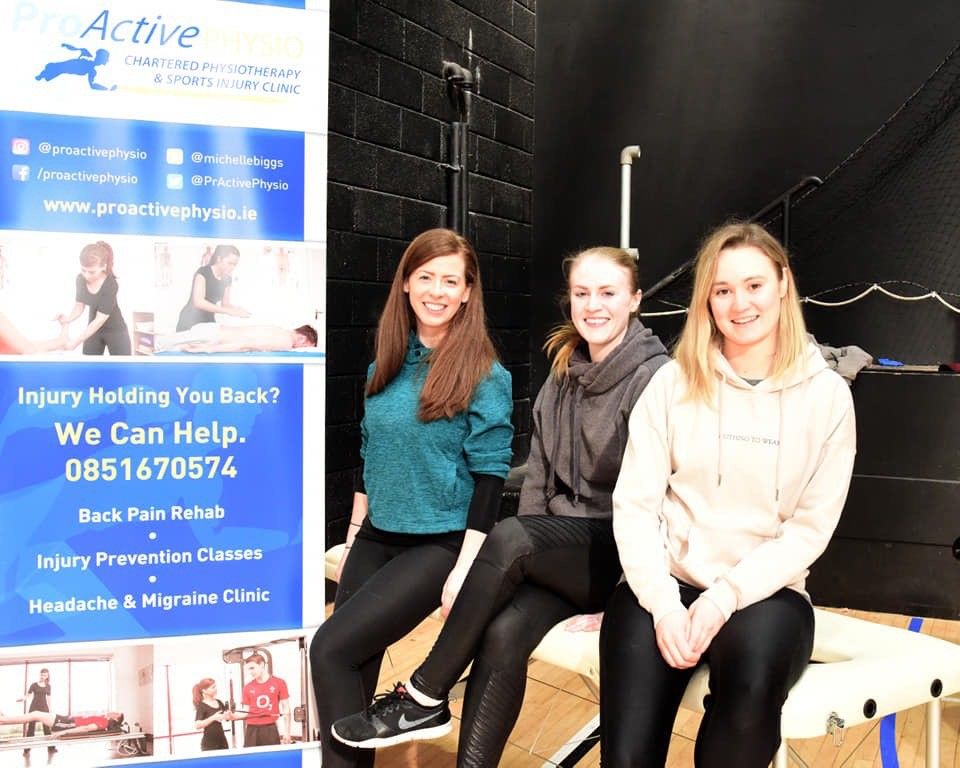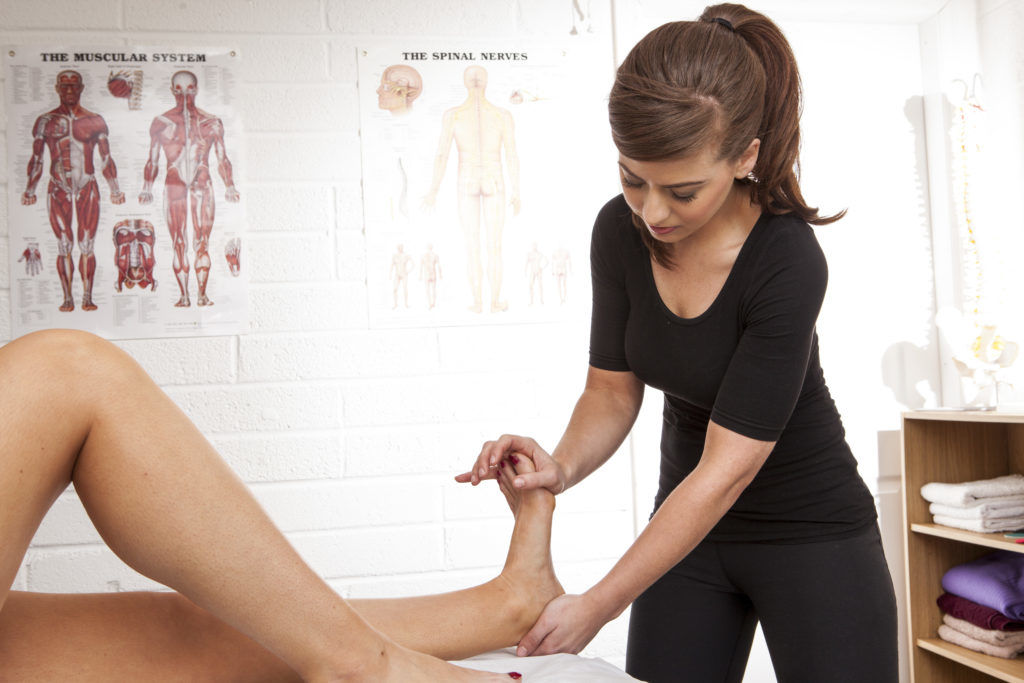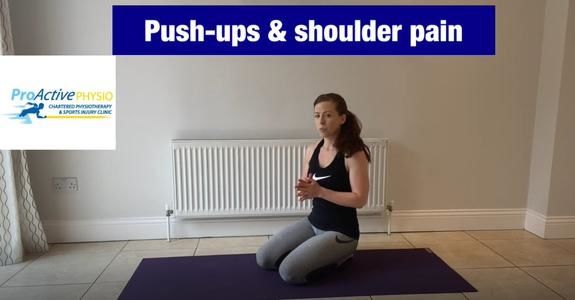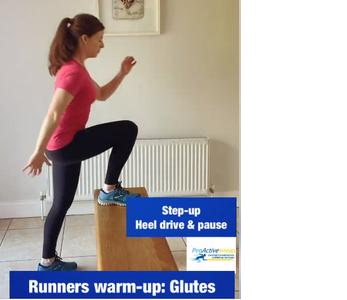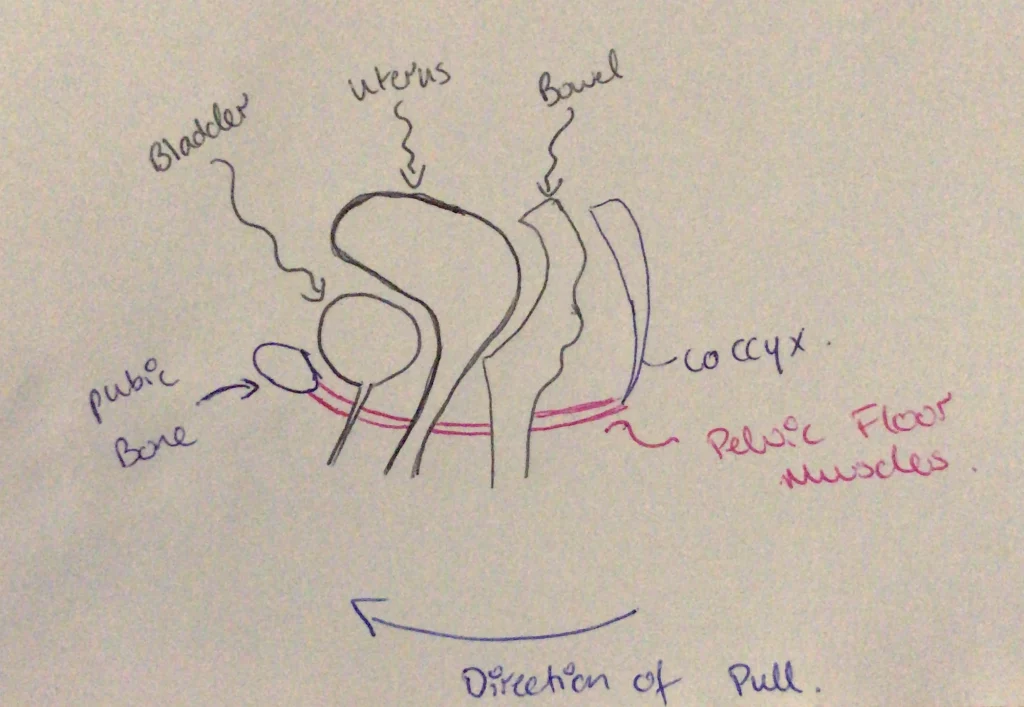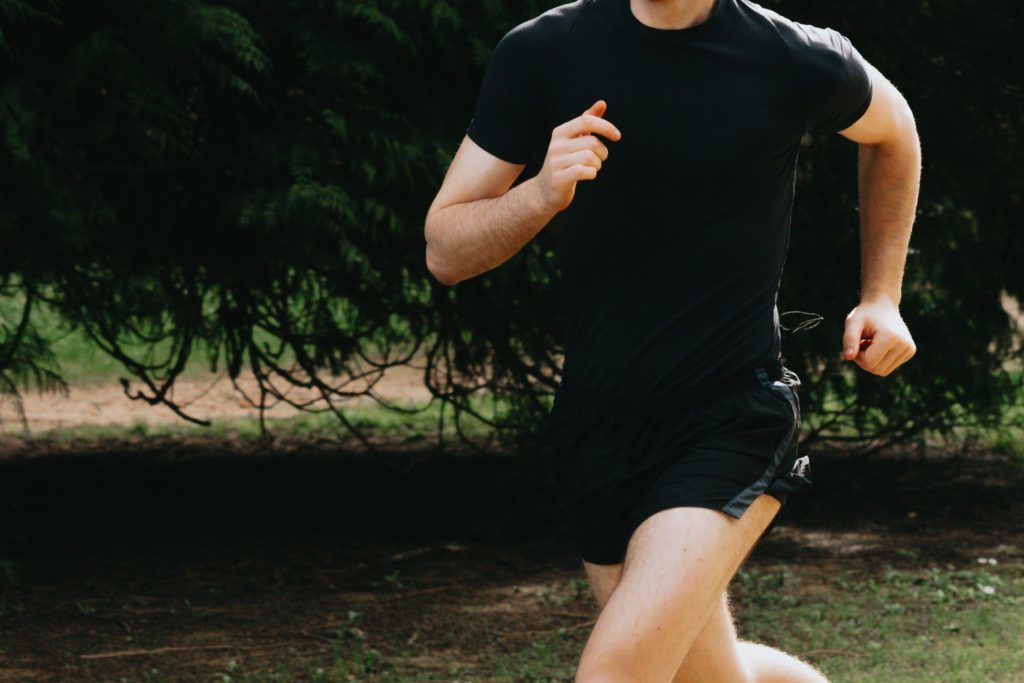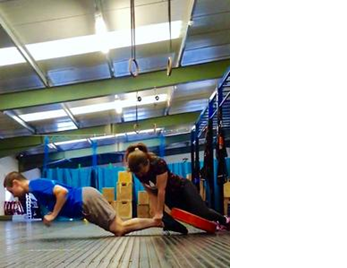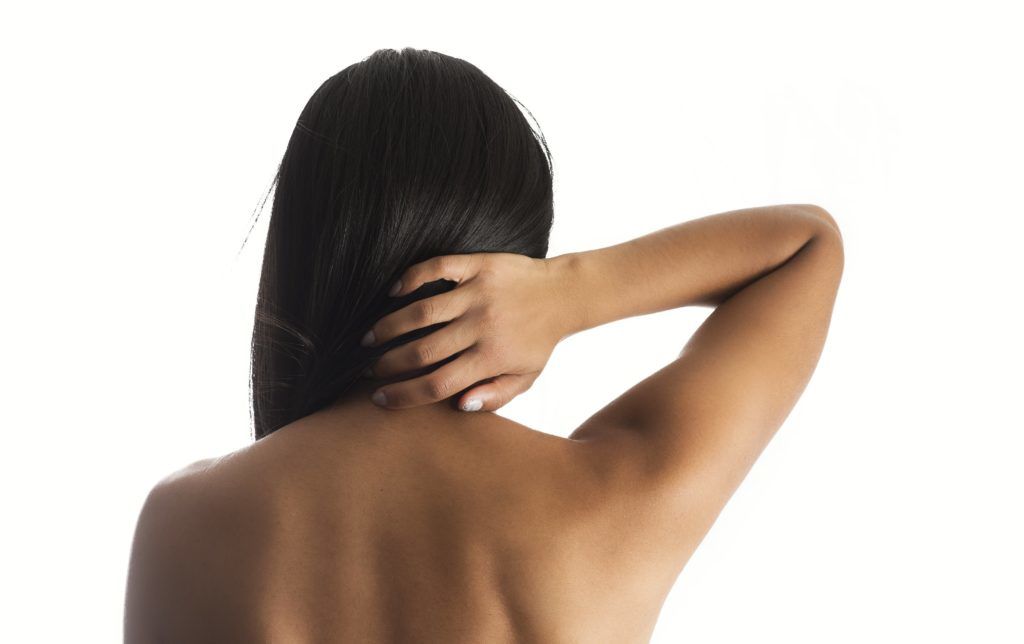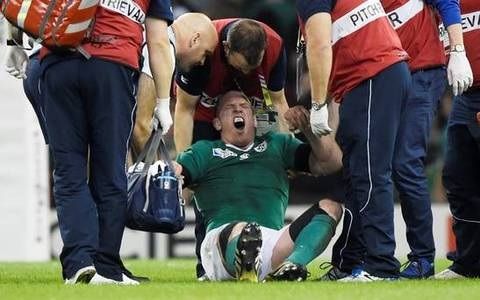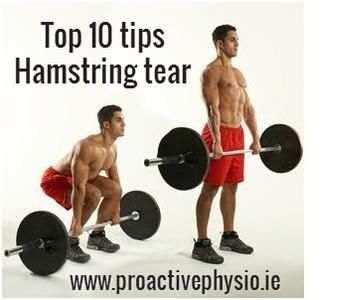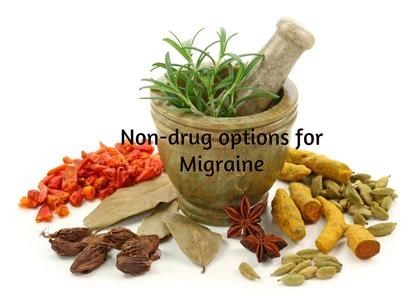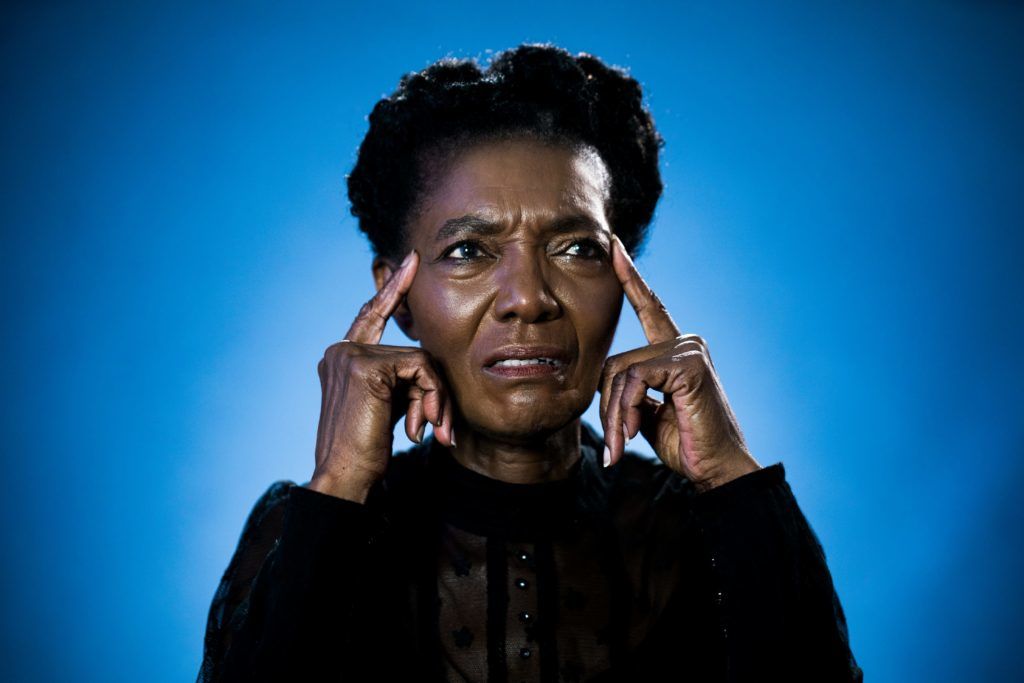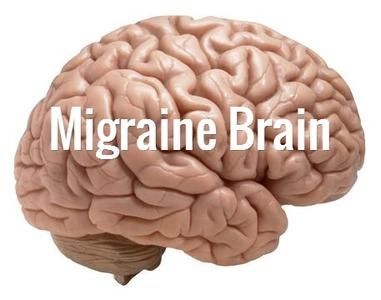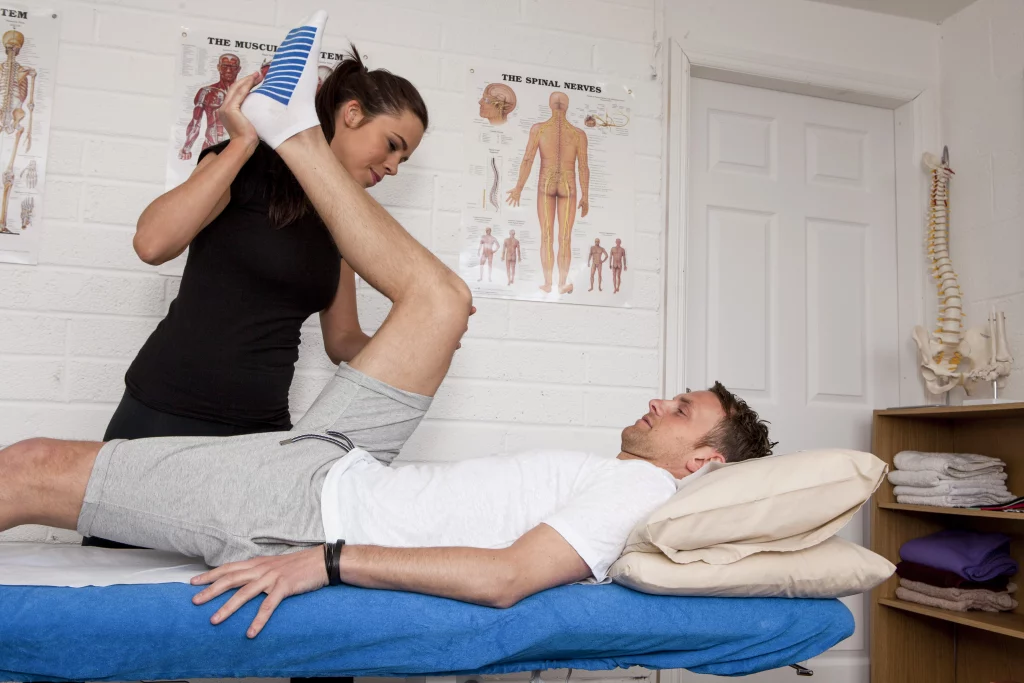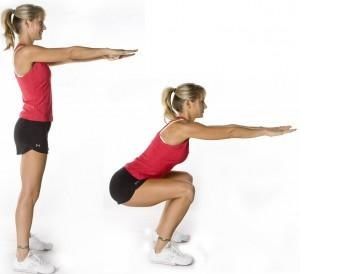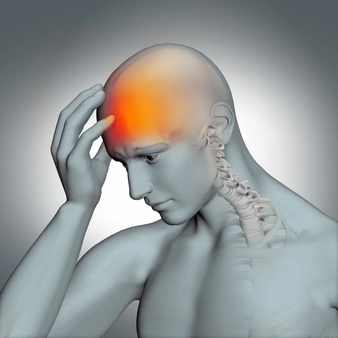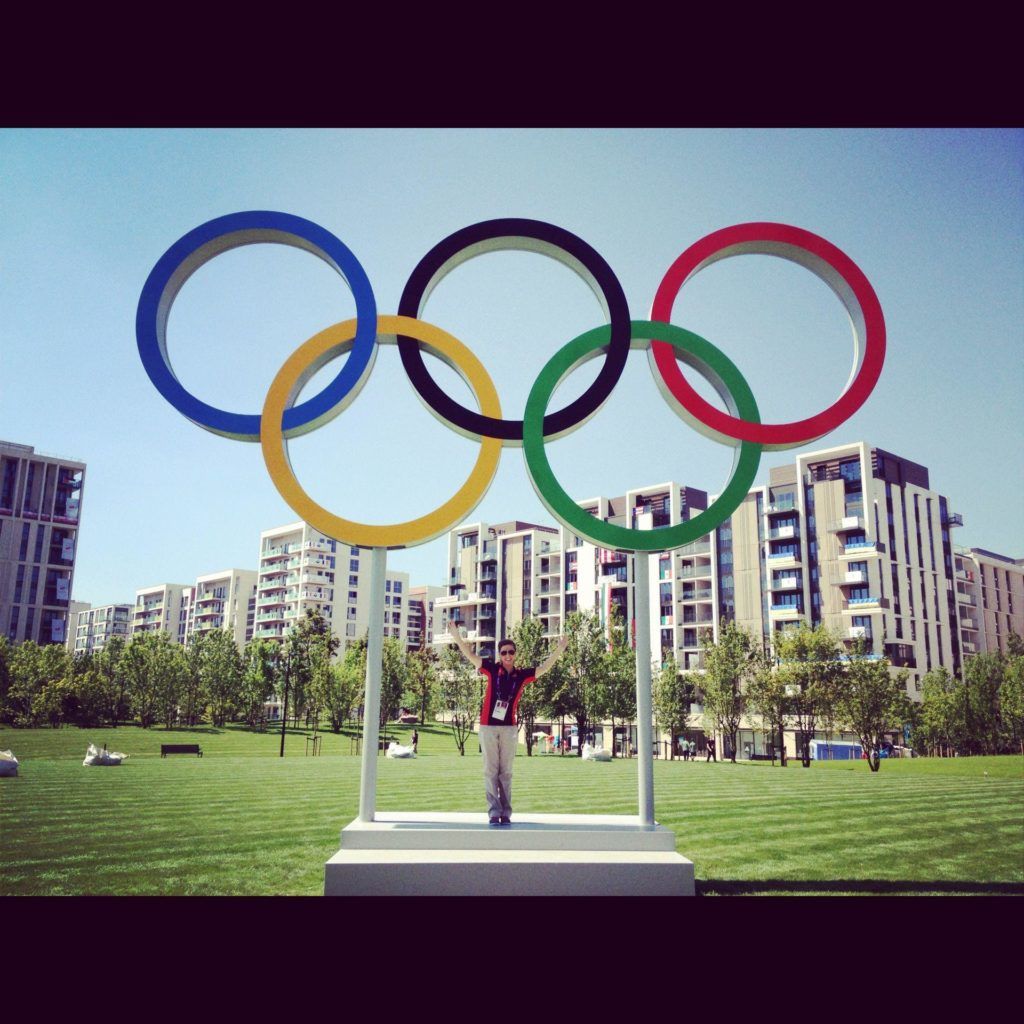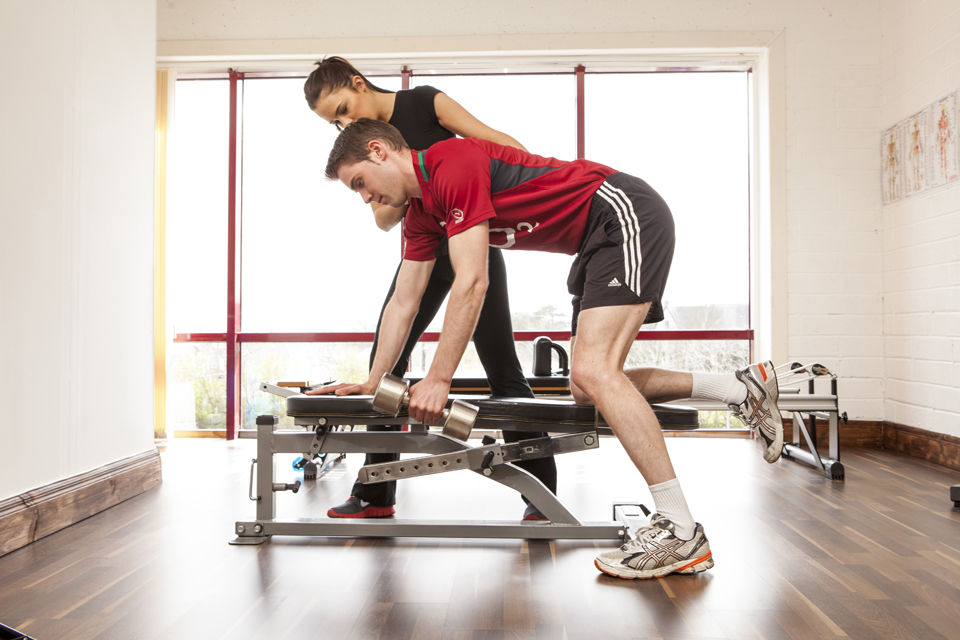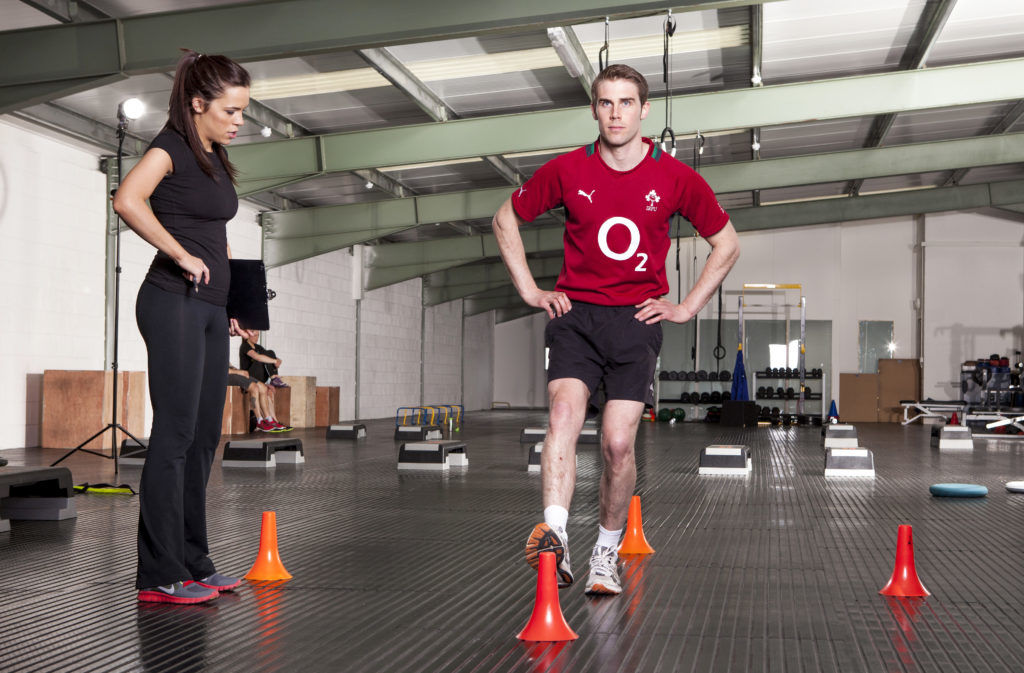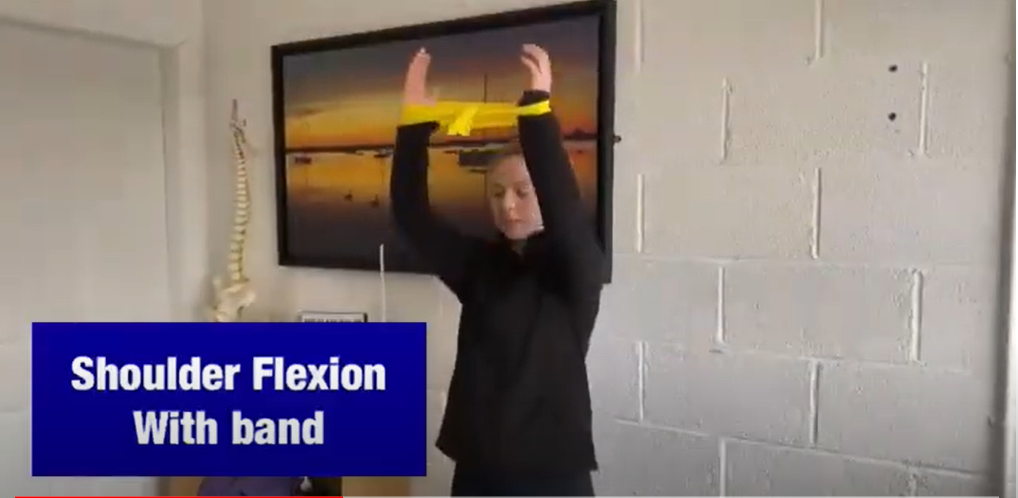
Shoulder pain is one of the most common musculoskeletal problems that can affect our function day to day. We usually don’t realise how much we use our shoulders until it hurts! It can be a confusing and frustrating time to wonder what might have caused it and whether to ‘put up with it’ or if it is time to seek advice from a professional.
Clients often ask us, ‘Could it be a Frozen shoulder?’ or ‘My doctor said it might be Rotator Cuff’. As a result, we’ve written up some common symptoms and differences between the two conditions.
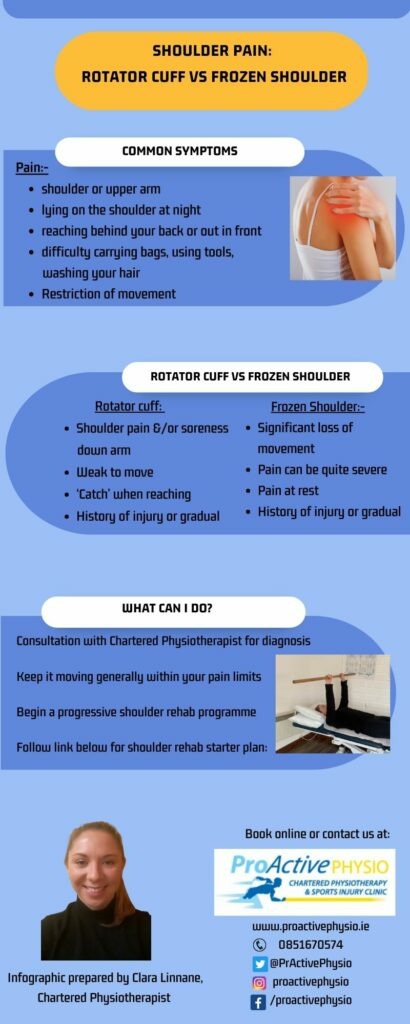
Rotator Cuff Related Pain:-
The Rotator Cuff consists of four deep muscles and tendons that are responsible for shoulder movement, strength, and stability.
Common symptoms with Rotator Cuff related pain:
-Pain around the shoulder or upper arm
-Pain moving the arm above shoulder height, reaching out or reaching behind you
-Reduced strength and function, difficulty carrying bags, washing your hair, moving your hand behind your back.
-Unable to lie on the shoulder at night
-Stiffness ‘it just won’t go that way
Problems can start suddenly or occur gradually over time. Overuse or repetitive injuries can lead to injury within the tendons resulting in pain, soreness, and reduced strength.
In other cases, problems can start after falling onto an outstretched arm, falling onto your shoulder, or feeling a ‘pull’ to the shoulder during a fall. Patients often tell us ‘deep, dull ache that catches in certain movements’.
What about ‘Frozen Shoulder’?
‘Frozen shoulder’ is a term many patients ask us about.
Typically, it starts with pain becoming quite severe and develops into a very stiff and restricted shoulder.
Different to the Rotator Cuff where movement often ‘catches’, in Frozen Shoulder our movements are generally painful all the time and become very stiff.
What should I do?
The most important thing is to manage your pain appropriately if it starts to restrict you day to day or keep you awake at night. This might include: –
- Applying some heat or ice to the area
- Discuss with your GP or pharmacist about some regular painkillers for an agreed period of time. This will enable you to keep your arm and shoulder moving instead of having to support it.
- Keeping the shoulder mobile is essential so gentle movements are highly recommended and avoid keeping the arm still.
When to see a medical professional or a Physiotherapist?
As physiotherapists, we are highly trained in helping you with your shoulder pain.
We work together with you to piece together a likely diagnosis, listen to your history, complete a physical assessment, and provide a comprehensive rehabilitation plan including exercise-based therapy and problem-solving advice to meet your needs.
We are here to support you in regaining your function, helping you to return to your normal activities with confidence and optimising your overall health and well-being in the long term.
See these exercises below to help you get started.
This blog was written by Clara Linnane, Chartered Physiotherapist. To book an appointment with Clara click on the link below

